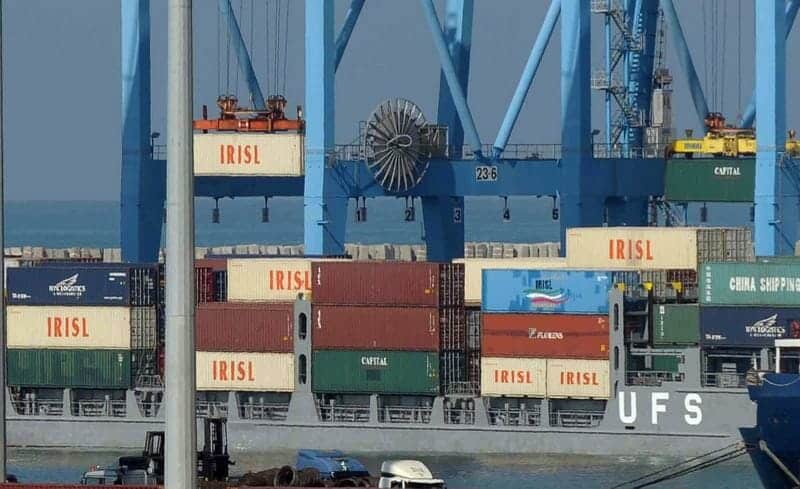Iran and Lebanon are discussing a mutual agreement that would enable preferential trade between them, local reports have said.
The reports quoted Farzad Piltan, the director-general of the Iranian Trade Promotion Organization’s Office of Arabian and African Countries, as saying that his country was already in talks with Lebanon for a PTA.
He was quoted by the reports as saying: “Since Iran and Lebanon have already announced their readiness to reduce trade tariffs, negotiations on the signing a preferential trade agreement between the two countries have begun, the initial lists have been exchanged and primary consensus has been reached.”
Piltan added: “Iran’s trade with Lebanon stood at about $100 million over the past few years, which, of course, has been declining due to the sanctions and the pandemic.”
In the Iranian calendar year 1396 (ended on March 20, 2018), the trade between Iran and Lebanon reached $124 million, of which $86 million was related to Iran’s exports to this country and $38 million was imports, he explained.
“The trade fell to $78 million in the fiscal year 1397 (ended on March 20, 2019), which included $66 million of exports and $12 million of imports. The two countries’ trade volume was $33.8 million in the previous year (ended on March 20), of which $21 million were exports and $12.8 million were imports,” Piltan added.
Iran’s main exports to the Arab country included iron or steel rods, floor coverings, glass, pistachios, textiles, tomato paste, active yeasts, polystyrene, animals, and electronic equipment, Piltan stated.
Lebanon is currently suffering under one of the world’s worst economic crises since the mid-1800s.
The situation is such that senior economist Nasser Saidi has said hyperinflation is imminent in the country where the official currency has lost 90 percent of its purchasing power since the end of 2019.








